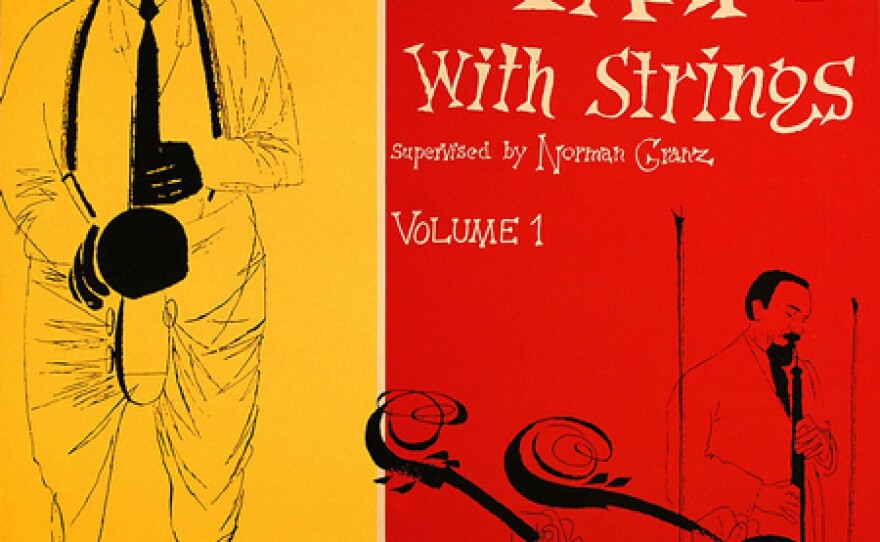Charlie Parker and Dizzy Gillespie have been credited with changing the face of jazz in the mid 1940s. They kicked it up a notch, and ushered in an era known as "modern jazz"—which some dubbed "bebop."?
Amazingly, Parker was only widely known for about a decade before he died in 1955 at the age of 34. He accomplished great fame while living a self-destructive lifestyle, which included frequent use of controlled substances and consumption of hard liquor. But despite living on the edge, his genius shined through.
Parker's creativity and technique on the alto saxophone influenced a great many established musicians, and musical beginners.
http://youtu.be/uC1Qt8Hwi54
No stranger to Philadelphia, Parker played in Philly clubs often. In the early 1950s, for a short time, he lived in an apartment building several blocks south of the WRTI studios.
One of the first jazz artists to record an album with string accompaniment, Parker recorded most of the music heard on Charlie Parker with Strings: The Master Takes in the late '40s.
It is this CD that includes Parker's unique take on some of the greatest standards that I suggest you add to your collection.
?? Nicknamed "Bird," Charlie Parker had a cult-like following. And shortly after his death, there appeared on graffiti-strewn walls, and other Greenwich Village outdoor surfaces, the spray-painted proclamation: "Bird Lives"



